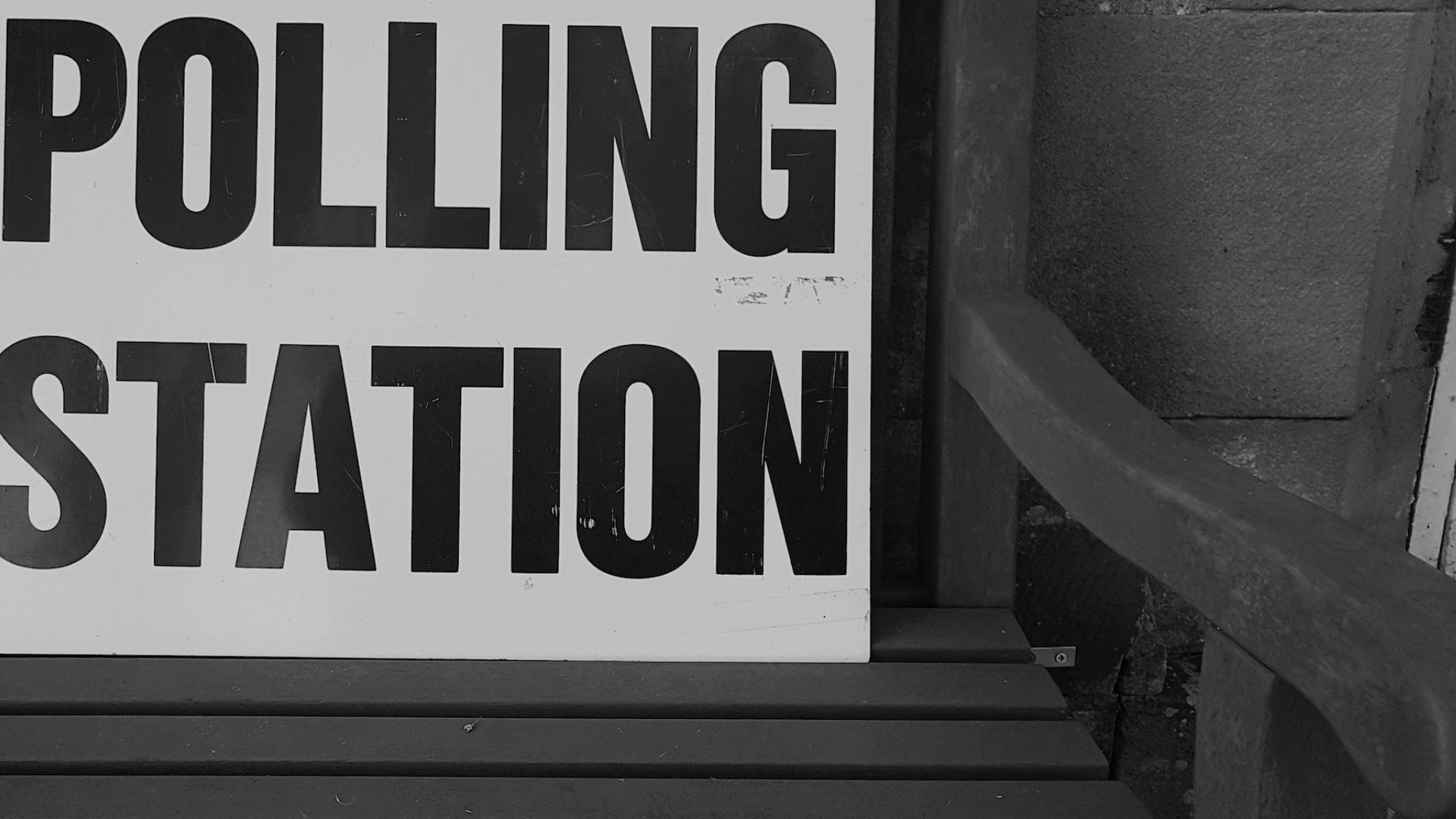Labour’s on the up after its by-election win, but the deal is still not done.
Labour and the Liberal Democrats are taking full advantage of the Conservatives’ disarray. But anyone who thinks the next General Election is in the bag is making a big mistake.
By-election nights can be something of an endurance test.
At a General Election, the results come flying in, sometimes dozens at a time. The challenge is keeping up with a constantly changing picture.
But at a by-election, you spend hours waiting for a single declaration. There’ll be recounts, yawning chasms of airtime to fill, coffee cups drained in search of the energy to make it to 3am, then 4.
How exciting, by comparison, to have three by-elections at the same time.
The Conservatives were always going to have a tough night defending seats vacated in circumstances that didn’t make the government look especially competent.
One followed the departure of a man forced to deny allegations of serious misconduct, and the other two — a former prime minister among them — used resignation as a kind of toddler’s tantrum.
I was waiting to offer my own take on the results to late-night listeners of BBC Radio 5 Live when the last declaration came in.
You win some, you lose others
Be in no doubt, Labour’s victory in Selby and Ainsty is significant. An alarming result for many Tory MPs, evidenced by Johnny Mercer’s breakfast TV hissy-fit.
But Labour will worry that, as it was shredding a 20,000 Tory majority in North Yorkshire, it couldn’t bridge a far smaller gap in Uxbridge and South Ruislip.
Labour will point to “local issues” — the controversial extension of London’s Ultra Low Emission Zone to capital’s outer boroughs.
That may be true, but there are plenty of other constituencies where opposition to the daily charge could have an impact on the party’s chances next year, and Labour can’t afford to write off a single target seat.
Its poll lead is significant, but soft. Many voters have tired of the Tories, but they’re not yet fully sold on Keir Starmer.
Rishi Sunak inevitably draws huge comfort from Uxbridge, even if his candidate only squeaked in with a majority below 500.
He says it shows the next election isn’t a “done deal” — but he might be just as worried by events in the south-west.
An anti-Tory pincer movement?
The Liberal Democrats threw everything at Somerton and Frome, and turned a huge Tory majority into a 11,000 Lib Dem one.
Their new MP thanked Labour and Green supporters who switched sides — the strategy that saw the Lib Dems win more than 50 seats during the Blair era.
That tactical anti-Tory movement fractured after the Lib Dems went into coalition with the Conservatives, but Ed Davey will hope Somerton is a sign they’re on the way back.
That could spell trouble for Rishi Sunak. A revived Labour regaining Red Wall seats in the north and Midlands is bad enough, but his nightmare is complete if the Lib Dems return as a powerful anti-Tory force in areas where Labour can’t win.
At a General Election, the Lib Dems won’t be able to throw resources at target seats they way they did in Somerton — but every Tory seat lost in the south edges the party closer to defeat.
A mountain to climb
It’s worth remembering how far Labour needs to come to return to government. It’s less than four years since the party slumped to its worst defeat since 1935. They need to gain around 130 seats to get a majority, including places like Uxbridge.
If the economy starts to improve, the Conservatives will think they’re in with a chance. It might — perhaps — persuade Tory MPs to stop fighting like rats in a sack and focus their energy elsewhere.
Right now, that seems unlikely — but British politics has developed a habit of sudden surprises. Why would that change now?
